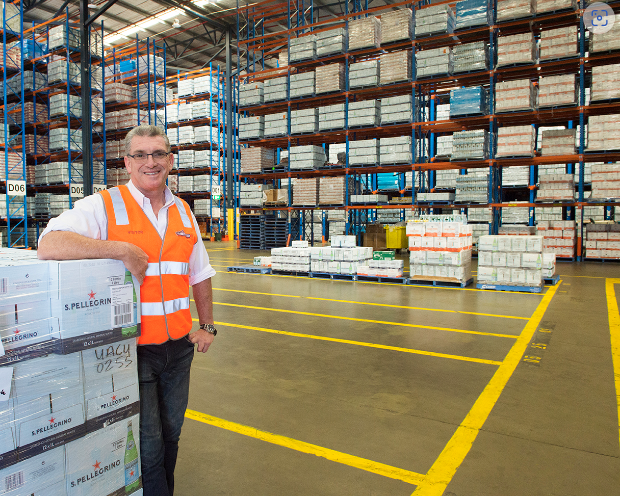After enduring five years of isolation in an abandoned Armenian zoo, Ruben, known as the world’s loneliest lion, embarked on a remarkable journey of rehabilitation in Free State, South Africa, thanks to the collaborative efforts of Animals Defenders International (ADI) and Qatar Airways Cargo.
Ruben, who was left behind when a private zoo closed down in Armenia, suffered in a tiny concrete cell with no contact with other lions. Ruben’s happy ending was at risk when ADI could not find a suitable flight for him out of Armenia.
Qatar Airways Cargo orchestrated a 5,200-mile journey for the 15-year-old lion, where he is now re-discovering his voice and confidence as he roams the ADI Wildlife Sanctuary. Despite physical challenges from years of captivity, Ruben’s resilience and determination shine through, offering hope for his remarkable recovery.
Elisabeth Oudkerk, SVP Cargo Sales & Network Planning at Qatar Airways Cargo said: “We are committed to preserving wildlife and endangered species, that is why we launched our WeQare Chapter 2 initiative: ‘Rewild the Planet’ back in 2020. We pledged to return wildlife and endangered species back to their natural habitat, free of charge and we will continue to do so.”
“When ADI approached us and explained the sad story of Ruben, we immediately knew we had to help them. There are a lot of logistics involved in moving animals like Ruben; from the logistics at the airports involved, the process for loading and unloading the animals from the aircraft, to ensuring the correct cages and wellbeing of the animals are in place. It takes a lot of effort from our team to organise such transport – but it is something we are all collectively very proud to be a part of, knowing we helped give back to our planet.”
Jan Creamer, President, Animals Defenders International added: “Ruben was really in trouble until Qatar Airways Cargo stepped up. ADI had been funding his care in Armenia since December and when we could find no flights for him we feared he could be stuck there.
“Then Qatar Airways Cargo ‘WeQare’ initiative stepped in, moving a larger aircraft with hold doors big enough for Ruben’s crate, into the scheduled passenger route out of Yerevan. We are so thankful to Qatar Airways Cargo for all their support in helping get Ruben to South Africa. Seeing Ruben walk on grass for the first time, hearing the voices of his own kind, with the African sun on his back, brought us all to tears.”
Qatar Airways Cargo’s WeQare sustainability programme consists of a series of focus chapters based on four core pillars: environment, society, economy, and culture and is a conscious endeavour to create a more positive impact on the industry and the world. Chapter 2 – Rewild the Planet encourages the preservation of ecological balance by offering free transport to organisations involved in returning wild animals to their natural habitat.






